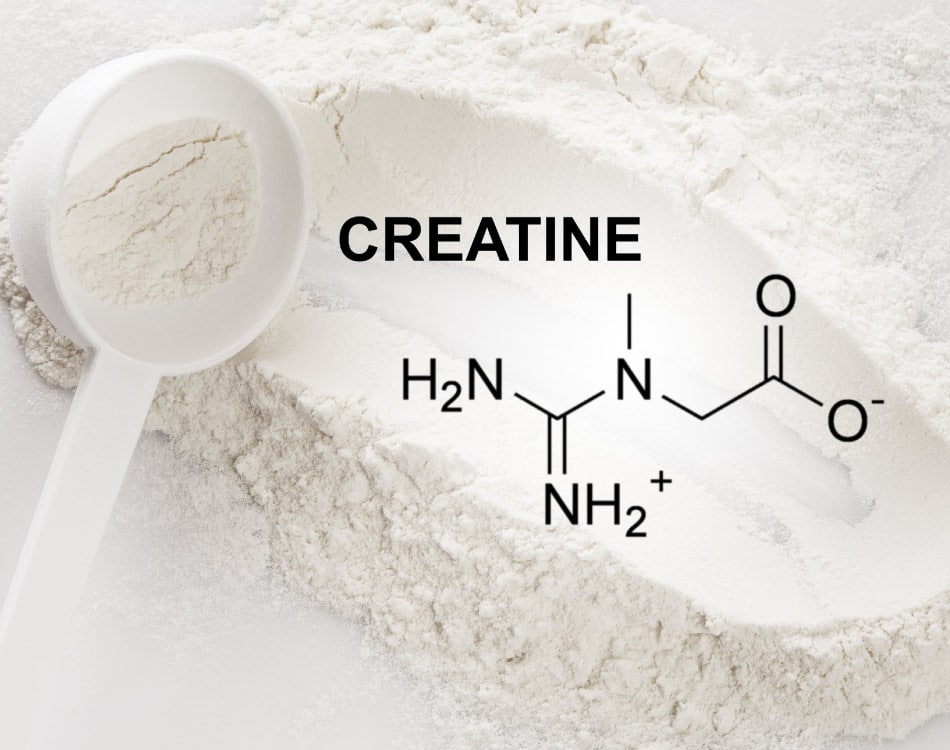Watch out whey and casein, there’s a new protein source on supplement shelves!
While this may be good news for the lactose intolerant among us, should the rest of us consider a switch?
Beef protein powders are generally derived from raw beef material through a hydrolysation process that isolates beef’s constituent peptide proteins. This means that much of the stuff you might not necessarily want in your red meat, like cholesterol and excess fat, is removed.
Packed with amino acids
Red meat in general and beef, in particular, contain all the essential amino acids – those we cannot synthesise ourselves – and the highly anabolic branched-chain amino acids (BCAAs).
Red meat is also a rich source of creatine, which helps increase energy production and contractile force within muscle cells during short, intense contractions and, therefore, leads to gains in both strength and size.
Once beef is passed through an enzymatically-controlled process, you are left with a partially digested or ‘predigested’ protein source that is highly bioavailable and said to be highly anabolic due to its rich amino acid profile.
A possible advantage over whey
In terms of comparing these products against whey, which is widely considered to be the gold standard in protein supplements due to its high bioavailability and complete amino acid profile, beef protein products do offer one distinct advantage.
Depending on the type and composition of the flavouring system used in whey products, the sugar content of these products can sometimes be quite high – upward of 5g per serving. Conversely, beef protein supplements can contain less sugar, with certain products boasting no sugar content at all.
The lack of dairy-based proteins in these products will also remove the digestive complications often associated with whey or casein supplements among lactose-intolerant individuals.
For these reasons, beef extract protein supplements, like NPL Hydro Beef or Pharmafreak Beef Freak, are becoming popular protein options.
Supporting science
As this is a relatively new product on the market, the body of research that supports the claims about this product category’s effectiveness is still growing.
However, there has already been one clinical study that sheds some light on the effectiveness of these products.
A research team from the University of Tampa, in Florida in the US, headed by Matthew Sharp, aimed to determine the effects of post-exercise consumption of two servings of either a beef protein isolate (BPI) or whey protein isolate (WPI), compared to a maltodextrin control on lean mass and strength during an eight-week resistance training program.
The results showed that both the BPI (5.7%) and WPI (4.7%) groups significantly increased their lean body mass compared with baseline. Fat loss was also significantly decreased at eight weeks compared to baseline for both the BPI and WPI groups, at 10.8% and 8.3% respectively.
These findings led researchers to conclude that the “consumption of two-servings of beef protein isolate or whey resulted in significant gains in lean body mass over time, which outpaced gains resultant from resistance training alone.” That basically means both products are effective!
Additional studies are obviously needed to expand our understanding of the potential benefits of beef protein supplements over whey or casein.
Consider the source
With that said, there is one final consideration needed before you give beef protein supplements a try. As with any supplement on the market, it is better to stick with trusted brands that can verify the source of their beef protein extracts.
A glance over the label of a beef extract supplement will clearly show you how rich the product is in all the essential and non-essential amino acids, as well as its BCAA content.
The key is to buy products from reputable companies that you know adhere to strict labelling practices and use only the best ingredients in their products.
As long as you trust the source and pay attention to the price, then you should be getting exactly what is stated on the label – a product that delivers a complete amino acid profile that will help you achieve your muscle-building and fat-loss goals.
The choice to swop beef protein and whey then becomes one of personal preference, but there is no reason why you can’t combine the two if you aren’t lactose intolerant and want to reap all the benefits that the new protein supplement on the block seems to offer.

















Leave A Comment